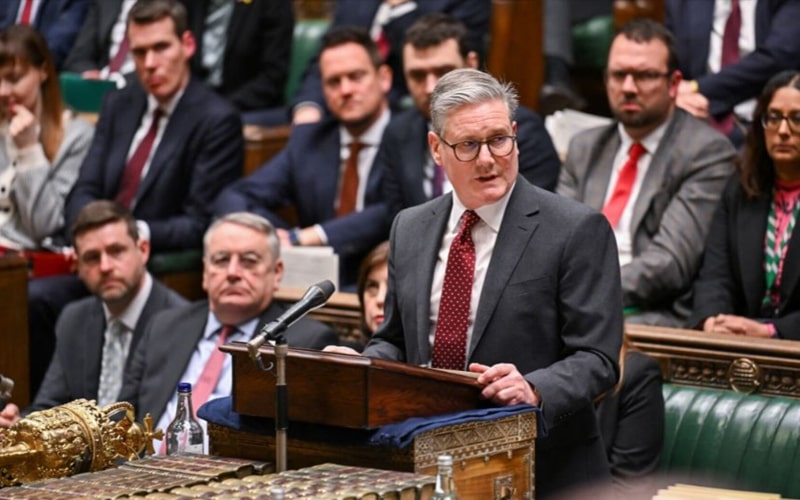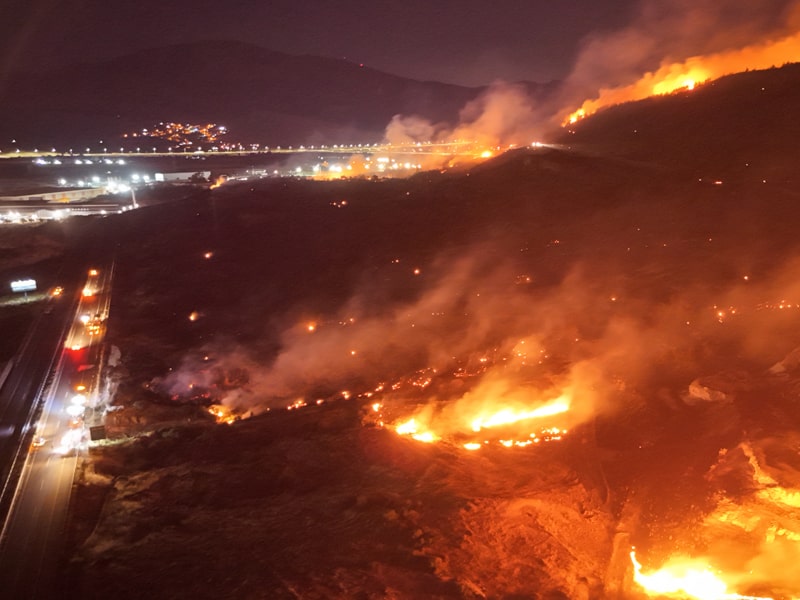UK and EU Ramp Up Diplomatic Pressure on Israel Amid Gaza Offensive
Israel is now facing intensified diplomatic pushback from two of its closest Western allies—the United Kingdom and the European Union—as the humanitarian crisis deepens in Gaza. The new measures include sanctions on violent Israeli settlers, the pause of UK-Israel trade talks, and the EU’s review of longstanding agreements with Israel.
The moves mark a significant shift in tone from allies who have long backed Israel diplomatically and economically. Both the UK and EU cited concern over Israel’s expanding military operations, continued airstrikes, and a crippling blockade that humanitarian groups warn is pushing Gaza to the brink of famine.
Related reading: EU considers suspending EU-Israel Association Agreement – Reuters
What Actions Are Being Taken?
The UK government has paused all future bilateral trade negotiations with Israel, citing concerns over the deteriorating situation in Gaza and violence by Israeli settlers in the West Bank. Meanwhile, the European Commission has warned that it may suspend or limit provisions in the EU-Israel Association Agreement, which governs trade and political relations.
“We cannot proceed with business as usual while a humanitarian crisis unfolds,” said a senior EU official.
In addition to economic pressure, both the UK and EU have imposed targeted sanctions on Israeli settlers found responsible for violent attacks on Palestinian civilians in the occupied West Bank.
Is the Pressure Too Little, Too Late?
However, critics argue that these moves come far too late, as Israel’s military campaign has already devastated much of Gaza. Over 30,000 Palestinians have been killed since October 2023, according to the latest figures from Gaza’s health ministry, with entire neighborhoods flattened and key infrastructure destroyed.
“Why didn’t Europe act sooner?” asked Zaid Belbagi, managing partner at Hardcastle Advisory, during a panel on Al Jazeera’s Inside Story. “The political will was always there to support Israel unconditionally until the public backlash became too strong to ignore.”
Expert Panel Weighs In
In an Al Jazeera segment hosted by Folly Bah Thibault, experts debated whether this diplomatic pressure would translate into real change on the ground:
-
James Moran, former EU ambassador to Egypt and Jordan, noted that EU-Israel cooperation agreements contain human rights clauses, which “give the EU legal ground to act.”
-
Yossi Mekelberg of Chatham House added that the real test is whether pressure can influence Israeli domestic politics, particularly as Prime Minister Netanyahu’s coalition continues to push a hardline stance.
-
Zaid Belbagi questioned the credibility of Western governments, arguing that “symbolic measures mean little” unless followed by material consequences, such as arms embargoes or international investigations.
What Happens Next?
The European Commission has not specified which provisions of its agreements with Israel may be revoked, but officials hint that scientific, academic and trade cooperation may be scaled back if conditions worsen.
The UK Foreign Office has also hinted at further sanctions if settler violence escalates or if Israel defies international humanitarian law.
But whether this mounting international pressure can sway Israeli policy—particularly amid fierce domestic support for the ongoing military campaign—remains uncertain.
“We have to ask ourselves,” said Mekelberg, “is Europe serious about using its influence, or is this just optics?”










